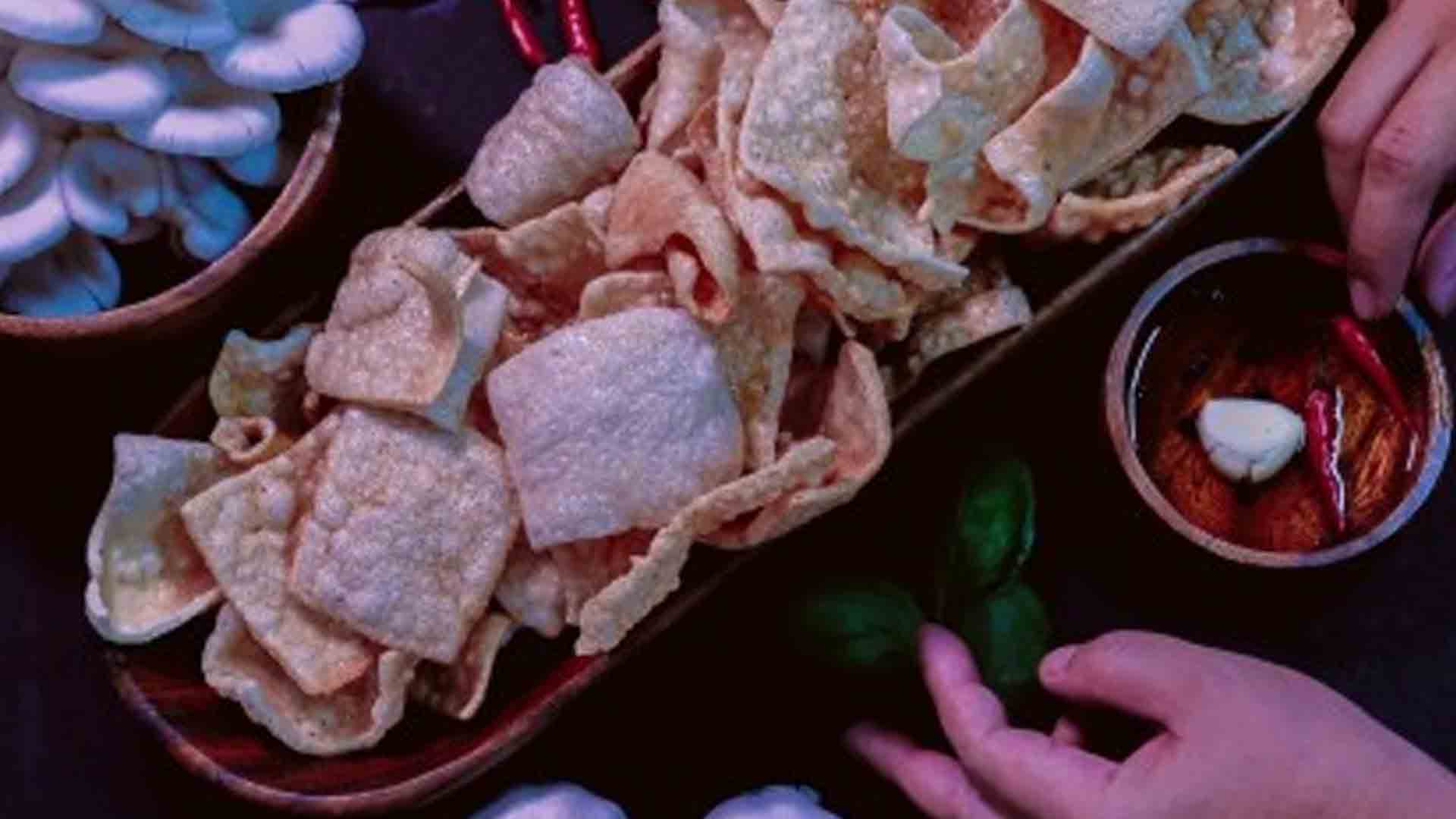The Department of Agriculture (DA) in Central Luzon is promoting the processing of mushroom products that can give benefits to one’s health and provide additional source of income amid the challenges brought by the health pandemic.
Through the Central Luzon Integrated Agricultural Research Center (CLIARC), members of the Binbin Igorot Association, an indigenous group in Carranglan, Nueva Ecija, are being trained on how to process mushroom products, particularly crackers.
Funded by DA-Bureau of Agricultural Research, the initiative is under its Resiliency Response Research for Development (3R) program for the new normal―a program that supports the DA’s Ahon Lahat, Pagkaing Sapat (ALPAS) coronavirus disease 2019 (Covid-19) program.
Dr. Emily Soriano, senior science research specialist of the DA-CLIARC, said the project aims to expand the livelihood of the Binbin Igorot Association while at the same time to promote mushroom crackers as an alternative healthy snack.
“This project can help enhance the skills and productivity of the beneficiaries and can also pave the way to the promotion of a healthier snack alternative,” Soriano said in the center’s social media account.
Deemed as a healthier complementary cracker, mushroom crackers are “deep-fried puffed crackers made from fresh oyster mushroom and vegetable flour” as defined by the proponents.
With its crunchiness and taste that resemble existing commercial crackers in the market, the product is said to be a promising cracker alternative because of its added vitamins and minerals.
Aside from hands-on training on the mushroom crackers processing technology, Soriano said members of the association are also being trained and assisted on good manufacturing practices to ensure food quality.
She said their vision is to bring the mushroom crackers’ commercialization initiatives in DA’s Kadiwa ni Ani at Kita markets and other cooperatives.
Together with the mushroom cracker project, the DA-Central Luzon is also actively promoting the program titled “Mass Production of Mushroom Quality Planting Through Mass Propagation Protocol in Central Luzon.”
Soriano said the program aims to increase the production of quality mushroom pure culture, grain spawn, and fruiting bags by incorporating mass propagation techniques and protocols.
With the public’s growing interest in mushroom production and propagation, the Mushroom Technology Development Center under CLIARC has also launched a webinar on mushroom production through the center’s official social media account.
Aside from providing an additional source of income, she said growing mushrooms can also serve as an efficient food source because of its nutritional value
Soriano said that based on their studies, mushrooms contain vitamins, minerals, and antioxidants, including Vitamin B complex, iron, calcium, and potassium. (PNA)























